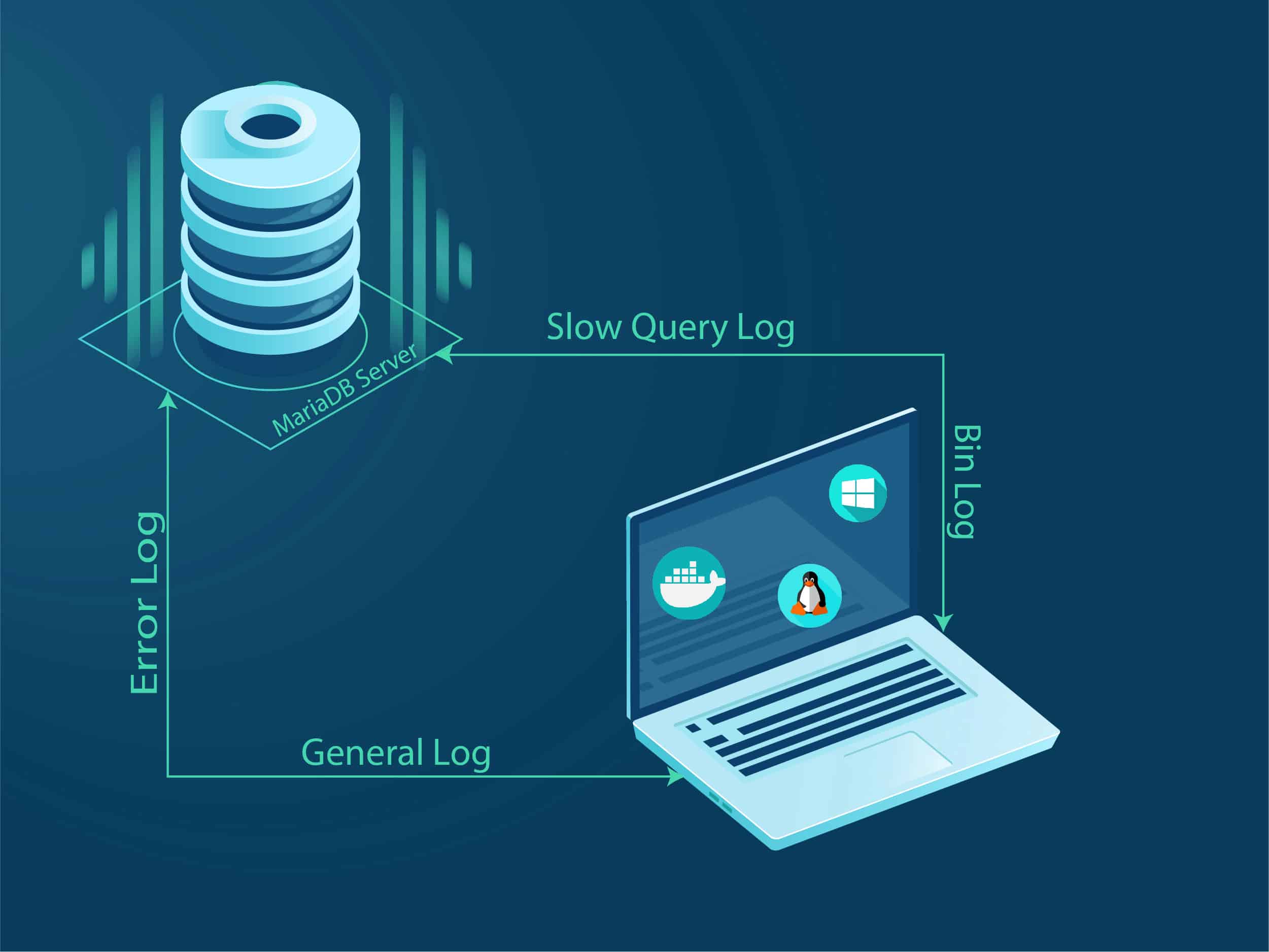Introduction to Cybersecurity
Content
- What makes it the best free course to learn Cyber Security for beginners?
- Introduction to Cybersecurity
- How To Get Started in Cybersecurity? A Beginner’s Guide (
- What Does It Take To Break Into Cybersecurity?
- Introduction to Cyber Attacks [Coursera Free Course for Audit]
- Common Types of Attacks
- An Ultimate Guide to Cyber Security for Beginners
- The Salary Hype!
- Why is Cyber Security so popular?
Before we begin learning this cyber security for beginners tutorial, let us first understand what exactly is cyber security and what is its significance. Cybersecurity is the technology and process that is designed to protect networks and devices from attacks, damage, or unauthorized access. Cybersecurity is essential for a country’s military, hospitals, large corporations, small businesses, and other organizations and individuals since data is now the cornerstone of any organization.
It’s great there are hundreds of programs and apps usable by our devices and smartphones. However, each app is a potential access point for lost data, because they use our information for their services. In this case, be selective about what you download, and carefully comb through what you’re granting permission for. For example, a news app shouldn’t be requesting access to say, your personal photos. It goes without saying, but whether personal or professional,anti-malware softwareis a must. Without it, your system and/or networks are vulnerable to various online viruses which can wreak havoc, outright corrupting a system or taking data. This course will help you build a strong foundation in cybersecurity.
What makes it the best free course to learn Cyber Security for beginners?
Share your certificate with prospective employers and your professional network on LinkedIn. Simplilearn is one of the world’s leading providers of online training for Digital Marketing, Cloud Computing, Project Management, Data Science, IT, Software Development, and many other emerging technologies. These courses are designed by various universities themselves and come with verified certificates. The Professional Certificate in Essentials of Cybersecurity is offered by the University of Washington and costs $716.40 (usually $796). The institute runs in-person training events across the globe, but these typically cost thousands of dollars a pop.
In this guide, you’ll find the best way to learn cybersecurity and resources to help you excel in the field. Although you will learn more advanced cybersecurity concepts in school, there is a lot you can learn with minimal research. For example, reading up on different types of cybersecurity certifications can give you an idea of the scope of the field, and the types of skills required. In researching certification, you might also learn the sort of work you will be doing as a cybersecurity specialist, or key terms that you will come across. Before you start classes, have some fun going down rabbit holes, learning cyber security basics.
Introduction to Cybersecurity
This can also cover issues related to viral attacks or other malicious intrusions compromising a network. During these periods of IT failure, you’ll want to make sure your information is housed safely. This can be accomplished via managed providers or data centers who can host your data, preventing loss. Obtaining a certification, like the Certified Information Systems Security Professional certification, can help you prove your knowledge and skills.
- Needless to say, this makes cybersecurity a fantastic industry to move into.
- Additionally, you should have knowledge about cloud computing, SaaS models, ethical hacking, and penetration testing.
- We often hear about data breaches and cases of identity theft that affect millions of consumers.
- Each specialization includes a hands-on project which you’ll have to complete in order to earn a certificate.
- As previously stated, the government employs a large number of cybersecurity experts.
The above-detailed blueprint can turn the tide for your career as a cybersecurity aspirant. We’re not saying that things would be a piece of cake, but it will surely be a little less complicated. Cybersecurity firms are using sophisticated algorithms to teach AI systems how to detect viruses and malware.
How To Get Started in Cybersecurity? A Beginner’s Guide (
We’ll give you the basics for learning cybersecurity for beginners, creating all the tools you’ll need for a safer online experience. You should be familiar with the basics of ethical hacking and how to use various tools, such as Nmap, Wireshark, and Kali Linux. Organizations require cybersecurity experts to be skilled at penetration testing and ethical hacking to pre-empt cyber attacks. Familiarize yourself with hacking techniques, like network traffic sniffing, password cracking, and session spoofing. You can learn cybersecurity on your own, thanks to the multitude of online courses and learning resources available these days. For example, top schools such as MIT, Harvard, Stanford, and many others have open courseware that you can use to learn cybersecurity concepts from the best of the best instructors. You will learn everything from protecting sensitive information and identifying threats to implementing your knowledge to eradicate security risks in an organization.
Penetration testing.Penetration testersuse several techniques to identify security vulnerabilities in websites, systems, and applications before criminals do. Penetration testers work closely with developers, auditors, and management to ensure that vulnerabilities are fixed quickly. Over the years, cybersecurity has matured into a diverse field with different specialties. In an enterprise, a cybersecurity expert is promoted to superior positions based on the cybersecurity specialization they have.
What Does It Take To Break Into Cybersecurity?
The course includes training in security risk management, program development and management, and incident management and response. Individuals would find themselves capable of ensuring the protection and security of any network system- once they are armed with this training. Then they would be eligible for professions in network security. They are instilling in them a knowledge and understanding of hacking techniques and technologies, system vulnerabilities, and standards related to worldwide information security. The stepping stone towards a successful career in cybersecurity arguably lies in attaining certification from a recognized institution or platform. Security systems are monitored, tested, and troubleshot by cybersecurity experts.
- Cybercrime is a growing problem that’s becoming an inherent part of our everyday lives.
- Upon completion of the course, you will exit with a series of globally respected certifications and a deeper knowledge of cyber security concepts.
- Ironhack’s Cybersecurity Bootcamp, you don’t only get the foundational knowledge and hands-on experience that you need to succeed in your first Cybersecurity role…we’ll support you in finding it!
- You start by getting a general overview of cyberattacks, such as vulnerabilities, risks, and how cyberattacks are applied in real-world scenarios.
The Certified Information Systems Security Professional certification from ISCis one of the most sought-out credentials in the cybersecurity industry. You should get this certification if you want to learn specific skills for certain jobs, such as information assurance analyst, IT security engineer, and security administrator. If you want to specialize in IT project management or security engineering, you should get theCertified Information Systems Auditor certification from ISACA. They also reinforce secure coding practices throughout the organization. It has many online courses in cybersecurity from renowned institutions, such as MIT and Harvard.
Artificial Intelligence can then perform pattern recognition in application software. To gain a competitive advantage in the industry, keep an eye on what’s going on with the innovations in the field of cloud security. The strength of network security is defined by the weakest link, which is often found inside an Internet of Things connected computer. The root of this widespread misperception regarding cybersecurity professions being all about hacking is pretty daunting. You will see what I’m talking about if you look at the stock photos used in cybersecurity blogs. We’ve also included a list of hard IT skills and non-security certifications that will help you prepare for the future. It’s designed to assist someone considering a career change from a non-security sector.
Because of the ever-growing cybercrimes, cyber threats and cyber-attacks- cybersecurity salaries are likely to stay elevated, if not even rise in the future. Cyber-attacks are global, and hackers can infringe on government agencies. The National Cyber Security Center has warned businesses and citizens that use router-like network infrastructure devices worldwide. It is an excellent cybersecurity foundation course for every student beginning a new career. CompTIA CySA+ Training Course and Certified Ethical Hacker Training Course are two other standard certifications. GIAC Security Essentials – An entry-level certification, GSEC is essential for professionals seeking to obtain hands-on experience in various security roles. In rigorous coursework that takes about two years to complete, individuals train themselves in cybersecurity basics.












